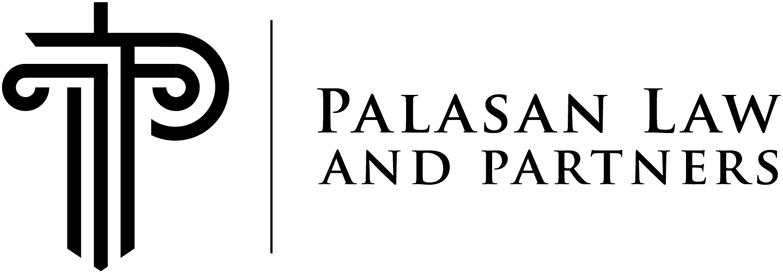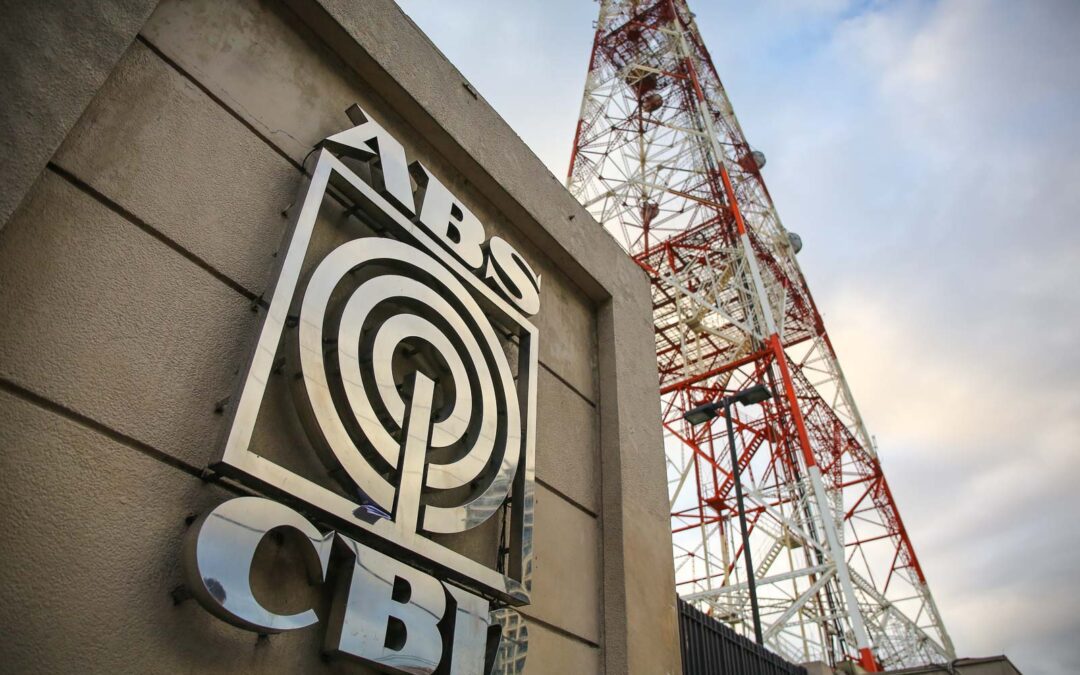Issues actually and directly resolved in a former suit cannot again be raised in any future case between the same parties involving a different cause of action.
Thus ruled the Supreme Court’s Third Division, in a 22-page Decision penned by Justice Maria Filomena D. Singh, dismissing the Petitions for Review filed by ABS-CBN Broadcasting Corporation (ABS-CBN) and partly granting the Petition for Review filed by Willie B. Revillame. The separate petitions challenge various rulings of the Court of Appeals (CA).
On August 23, 2010, Revillame filed a civil action before the Quezon City Regional Trial Court (RTC) seeking to cancel, terminate, and rescind his three-year contract with ABS-CBN (Civil Case No. Q-10-67770). Under the contract, Revillame was to host the show “Wowowee” on the ABS-CBN network until September 10, 2011 “or upon cancellation or earlier termination of the program.” The suit was prompted by Revillame’s withdrawal from “Wowowee” on May 5, 2010, which was followed by ABS-CBN’s refusal to release Revillame as its talent and the network’s subsequent replacement of “Wowowee” with a different program.
On September 15, 2010, ABS-CBN filed its Answer with Compulsory Counterclaim, praying for liquidated damages in the amount of over PhP700 million, plus over PhP400 million for each further violation by Revillame, or for each week of violation of their contract.
A month later, ABS-CBN applied for a Temporary Restraining Order (TRO) and/or Writ of Preliminary Injunction to restrain Revillame from performing with TV5, owned by ABC Development Corporation (ABC Corporation) on a similar show, titled “Willing Willie.” The RTC denied the TRO application but ordered Revillame to post a bond in the amount of PhP426,917,646.96 as security for any damage that may be incurred by ABS-CBN.
ABS-CBN then proceeded to file a complaint with the Makati RTC for copyright infringement against Revillame, ABC Corporation, Wilproductions, Inc., and one Ray Espinosa. This prompted ABC Corporation and Espinosa to go to the CA to restrain the Makati RTC from proceeding with the copyright infringement case.
The CA ruled in favor of ABC Corporation and Espinosa, finding that ABS-CBN engaged in forum shopping for filing two suits: (1) its Compulsory Counterclaim in Civil Case No. Q-10-67770 pending before the Quezon City RTC and (2) the Complaint for Copyright Infringement pending before the Makati RTC. The CA found that both cases are based on one cause of action: Revillame’s alleged breach of its contract with ABS-CBN. The Supreme Court would later affirm the CA’s ruling in a separate case (G.R. No. 201664).
Following the CA’s dismissal of the copyright infringement complaint, ABC Corporation filed a Motion to Dismiss ABS-CBN’s Compulsory Counterclaim in Civil Case No. Q-10-67770. The RTC granted the motion, prompting ABS-CBN to appeal to the CA, which ruled in its favor and reinstated its Compulsory Counterclaim. This was challenged by Revillame in his present petition before the Supreme Court.
The Supreme Court ruled in favor of Revillame and ordered the dismissal of ABS-CBN’s Compulsory Counterclaim in Civil Case No. Q-10-67770.
The Court took judicial notice of the Supreme Court First Division’s Decision in G.R. No. 201664 dated October 16, 2019 dismissing ABS-CBN’s copyright infringement complaint on the ground of forum shopping.
The Court then applied the doctrine of conclusiveness of judgment, which “ordains that issues actually and directly resolved in a former suit cannot again be raised in any future case between the same parties involving a different cause of action.” For the doctrine to apply, the Court held that the following elements must be present: identity in the first and second cases of: (1) the parties; and (2) the subject matter.
“Conclusiveness of judgment proscribes the relitigation in a second case of a fact or question already settled in a previous case. The second case, however, may still proceed provided that it will no longer touch on the same fact or question adjudged in the first case. Conclusiveness of judgment requires only the identity of issues and parties, but not of causes of action,” said the Court, citing its previous ruling in Ley Construction & Development Corp. v. Philippine Commercial and International Bank.
In the present case, the Court held that the doctrine of conclusiveness of judgment applies given the identity in G.R. No. 201664 and the present case as to (1) the parties, ABS-CBN and Revillame, and (2) the subject matter, Revillame’s alleged breach of his contract with ABS-CBN.
Applying the doctrine of conclusiveness of judgment, the Court ruled that the issue on forum shopping settled by the Court in G.R. No. 201664 is conclusive between ABS-CBN and Revillame in the present case.
“In both cases, ABS-CBN sought to stop Revillame from performing the work in ‘Willing Willie’ with ABC Corporation on the argument that such work is similar to his work in ‘Wowowee’ with ABS-CBN,” held the Court.
The Court then proceeded to determine if the forum shopping committed by ABS-CBN was done with malice and intent. Under Section 5, Rule 7 of the Rules of Court, all cases instituted by the guilty party shall be dismissed if there was deliberate and willful forum shopping.
Explaining the rationale for this rule, the Court held: “The dismissal of all cases involved in forum shopping is a punitive measure against the deplorable practice of litigants of resorting to different fora to seek similar reliefs, so that their chances of obtaining a favorable judgment is increased. This results in the possibility of different competent tribunals arriving at separate and contradictory decisions. Moreover, it adds to the congestion of the heavily burdened dockets of the courts.”
In the present case, the Court found that ABS-CBN first applied for a TRO with the Quezon City RTC to prevent the airing of “Wiling Willie” on TV5 on the ground that Revillame was still bound by its contract with ABS-CBN. After the application for TRO was denied, ABS-CBN then went to the Makati RTC to file a copyright infringement complaint on the similar ground of Revillame’s alleged violation of their contract.
“This clearly shows that ABS-CBN willfully sought the same relief in two different fora, expecting a favorable result after being denied the first time,” ruled the Court, which thus ordered that ABS-CBN’s Compulsory Counterclaim in Civil Case No. Q-10-67770 be dismissed.
The Quezon City RTC was thus directed by the Court to continue with Civil Case No. Q-10-67770 without ABS-CBN’s Compulsory Counterclaim.
The Court also denied the separate petitions filed by ABS-CBN challenging the CA Decisions that ruled on the issue on the examination of the Compliance submitted by Revillame as part of the security bond ordered by the Quezon City RTC in Civil Case No. Q-10-67770. The Court ruled that both petitions have become moot since the trial court had already ordered that the bond be discharged. (Courtesy of the Supreme Court Public Information Office)
Full text of G.R. No. 221781, 225095, and 236167 (ABS-CBN Corporation v. Willie B. Revillame, April 17, 2023) at: https://sc.judiciary.gov.ph/221781-225095-236167-abs-cbn-corporation-vs-willie-b-revillame-abs-cbn-corporation-vs-willie-b-revillame-and-abc-development-corp-willie-b-revillame-vs-abs-cbn-corporation-and-abc-development-c/

